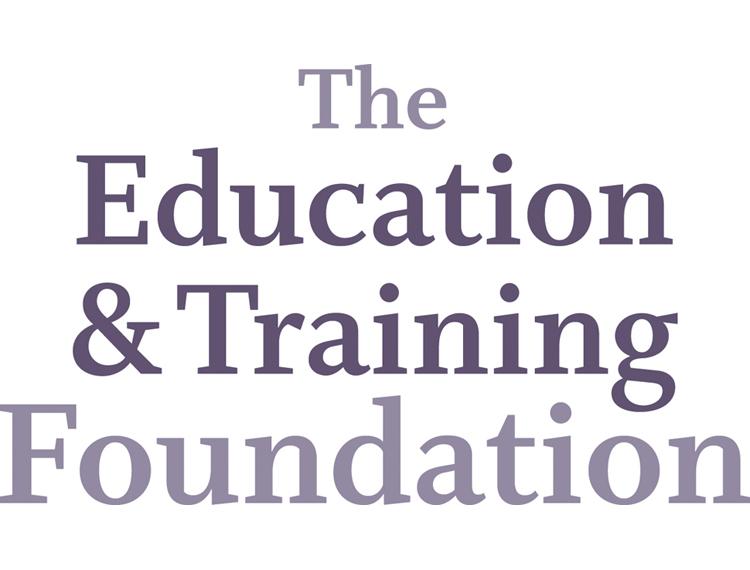Training Needs Analysis: FE and Training bodies to cooperate

A holistic sector wide look at the workforce training needs of further education and training, backed by AoC, AELP, and HOLEX.
As part of our commitment to evidence-based policy and practice, the Education and Training Foundation (ETF) has announced our intention to conduct a cross-sector Training Needs Analysis for staff in the FE and training sector.
The survey will be co-designed by ETF and the sector’s 3 main representative bodies AoC, AELP and HOLEX, and conducted with their support. This will be a robust, independent, and holistic assessment of the system, building on recent work which has been already been done with sector leaders and others.
The analysis will engage with staff at every level. It will inform discussions with government, devolved authorities, individual training providers, and employers. It will guide commissioning decisions and priorities of the Education and Training Foundation, whose mission is to help create and maintain a highly professional teaching and training workforce recognised as consistently good to outstanding by international standards.
David Russell, Chief Executive of the ETF said, “The Industrial Strategy, the Skills Plan, and apprenticeship reforms require an FE workforce with the right skills and capabilities to deliver. We have conducted several targeted surveys and analyses over the last three years, but we hope this will be on a different scale of ambition and impact. The analysis will inform policy, and give sector leaders richer insight into the workforce opportunities and challenges we face together. We are pleased to work with key partners on this, and will draw on a wide range of stakeholder insights – including from staff unions – to help us get the design right.”
“The precise timing and scale will be subject to funding availability. We will be able to give more detail when our initial work on the project is complete.”
David Hughes, CEO of the Association of Colleges, said: “I’m delighted that we are working together to reach a comprehensive understanding of the workforce we need to be able to deliver post 16 skills in England. Further education is vital to the future for young people in their transition from school and for adults who need opportunities to gain new skills to progress in work. To deliver that, in a post-Brexit world will require high quality learning and training across the whole of further education. High quality will only come with investment in the lecturers, trainers and assessor we have now and by attracting in the best candidates into the sector. This research will provide the groundwork for a new workforce strategy which can deliver quality and innovation.”
Mark Dawe, CEO of the Association of Employment and Learning Providers, said: “We have agreed with the other FE partners, this is an excellent time to update our understanding of the skills needs of the FE sector. With all the change that is happening and planned over the next few years, as identified in the recent Industrial Strategy, we need a workforce at the right size with the right skills to deliver the challenging outcomes for the FE sector. This will support provider readiness as well as supporting other industries in meeting their skills needs.”
Sue Pember OBE, Director Policy and External Affairs for Holex, said: “This is a timely initiative which should help us shape the workforce of the future.”











Responses